Physical therapy is really important for helping people get better after injuries, deal with long-term health issues, and feel better overall. One way physical therapy helps is through resistance training. Resistance training is usually linked to building muscles, but it has many other benefits too. In this blog post, we’ll talk about how resistance training can make you stronger, help you recover, and improve your life in general when included in physical therapy programs.
Enhances Muscular Strength and Endurance:
Resistance training means doing exercises using things like weights, bands, or machines that make it harder for your muscles. As you get stronger, you can add more resistance to keep improving. This is really helpful for people who are recovering from injuries or surgeries because it helps make their muscles stronger and brings back their ability to move. Strong muscles also protect your joints and make it less likely for you to get hurt again.
Promotes Bone Health:
Resistance training does more than just make muscles stronger. It also helps make bones denser and keeps them healthy. Exercises like squats, lunges, and deadlifts, where you have to support your own weight, make your body create new bone tissue. This stops problems like osteoporosis and lowers the chances of breaking bones. This is especially good for older people who might have a higher risk of getting osteoporosis or people with conditions that affect their bone health.
Improves Joint Stability and Function:
Resistance training exercises target muscles around joints to enhance their strength and function, reducing joint pressure and enhancing joint function. This can help lessen pain and make the joint move better. It’s especially good for people with conditions like arthritis or those getting better from joint injuries or surgeries.
Facilitates Weight Management:
In physical therapy, it’s common to focus on managing weight, and resistance training is important for that. When resistance exercises are part of a weight management program, they help build more muscle. Having more muscle makes your metabolism work better, which means your body can burn more calories. This makes it easier to lose weight or keep it under control.
Enhances Overall Function and Mobility:
Resistance training works on many muscles at the same time and helps you do everyday movements better. Physical therapists use functional resistance exercises like squats, lunges, and overhead presses to help patients get better at doing daily activities like getting dressed or carrying groceries. Improved mobility and independence lead to a happier life overall.
Boosts Cardiovascular Health:
While resistance training is mainly about making muscles stronger, it can also be good for your heart. Increase intensity and circuit resistance exercises for faster heartbeat, similar to cardio workouts. This not only builds strength but also makes your heart and lungs healthier. When your heart is strong, you have more stamina, feel more energetic, and have a lower chance of heart problems.
Conclusion:
Resistance training is really helpful in physical therapy. It does more than just make muscles stronger or look better. It also helps with strength, endurance, bone health, joint stability, and weight management. When physical therapists include resistance exercises in rehab programs, they can help patients reach their goals, get better at doing things, and have a better life overall. Whether you’re getting better from an injury, dealing with a long-term condition, or wanting to be more fit, resistance training can be a big part of getting healthier and feeling good.
Are you ready to see how resistance training can change your life in physical therapy? Come to Kinito Physical Therapy today and find out how our expert team can help you get stronger, recover better, and have a better life overall. Our physical therapists will make a program just for you based on what you need, whether you’re getting better from an injury, dealing with a long-term condition, or wanting to be more fit. Don’t wait! Take charge of your health and well-being now. Call us to set up your first appointment and start on a journey to being stronger, moving better, and feeling great.
